
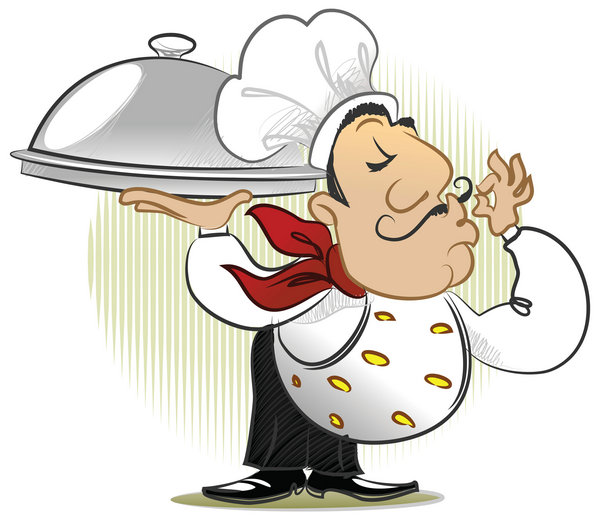 |
|
[Picture/ China Daily] |
Is it the food? The service? The authenticity? The recently released Michelin Guide for Shanghai has stirred new debate about how restaurants are rated, and who's judging, Mike Peters reports.
With the possible exception of Salman Rushdie, no author seems to generate as much fuss as the collective critics of the Michelin Guide.
"Rightly or wrongly, everyone has something to say about the Michelin Guide," writes Debbie Yong, digital editor of the Michelin Guide Singapore. That's especially true when the French company pronounces for the first time on a city's restaurant scene-true in Hong Kong in 2009, and noisily true in Shanghai just last month.
From the internet grousing, few seem happy with the recently unveiled 2017 Shanghai guide. To a degree, this is natural: Read the letters to the editor of any publication or the online comments after any story, and you find the fusspots-not posts like "What a nice article!"
Some criticism comes from misunderstanding what the Michelin Guide does-and doesn't-do.
"We'll let you in on a little fact not everyone realizes," Yong says: "There is no such thing as a Michelin-starred chef."
That statement may amaze many on the Chinese mainland, since the phrase falls like confetti from restaurant ads and media releases when celebrity chefs come to Beijing or Shanghai. (Full disclosure: I've written it myself in articles for this newspaper.)
However, world-class meals are often the collective efforts of an entire kitchen team, and not one man (or woman) alone.
"The guide is updated annually and restaurants can lose their stars if they close during the year of assessment, or if they do not maintain their standards over the year," Yong writes. "Chefs cannot take off with the stars, nor do the stars transfer to another restaurant owned by the same chef."
But the idea lingers-and stirs controversy.
T'ang Court, the Chinese restaurant at the Langham hotel, scooped up the only three-star rating for the entire city. A chorus of naysayers insist the award is based on the three-star glow of its sister restaurant in Hong Kong, suggesting that the Shanghai version isn't as good. On the other hand, other critics complained that Shanghai's Otto e Mezzo garnered only two stars even though the Hong Kong original is a perennial three-star winner.
While some chefs have suggested that the awarding fo stars wasn't consistent with Michelin standards, others aren't sure that they should be. The Hong Kong and Singapore editions recently broke new ground for Michelin by including street food-a move lauded by some as culturally savvy but panned by others who found it condescending.

China's top 10 foodie cities |

Cute boxed meals |
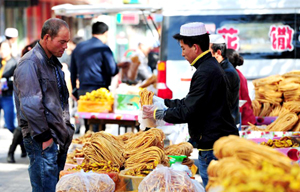
Muslims greet annual festival of Eid al-Adha in Yinchuan |
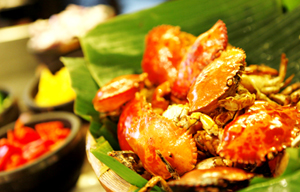
Cafe Noir hosts Singapore food festival |
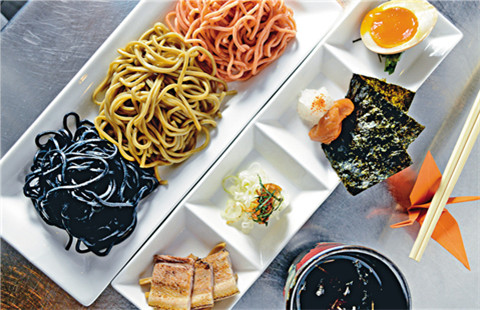
11 cold noodles for hot summer days |
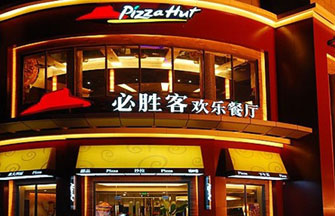
Top 10 catering brands in China |
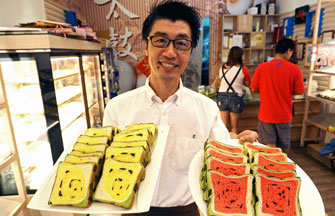
Watermelon toast gains popularity in Taiwan |

Tradition of drinking oleic tea in Guangxi |